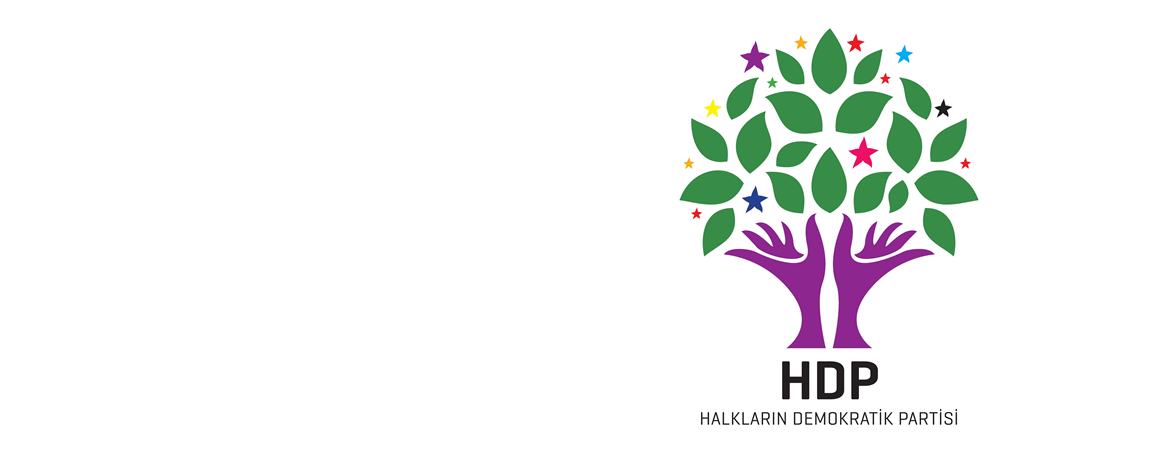
Since the declaration of state of emergency rule on 20 July 2016, a total of 19 decree laws have been issued. The Turkish Prime Minister announced that the four decree laws (682, 683, 684 and 685) issued on 23 January were designed to respond to the criticisms of international institutions such as the Parliamentary Assembly of the Council Europe (PACE).
While the decree law No. 682 determines disciplinary provisions for general law enforcement officials, the decree law No. 683 involves regulations regarding the dismissed state employees and closed institutions. With this decree, 367 civil servants were dismissed and two more TV channels were closed down. The decree law No. 684 reduces the detention period to 7+7 days, which had been extended to 30 days under state of emergency rule since July 2016. The seven-day detention period can be extended for another 7 days if public prosecutors deem it “necessary.” This reduction of detention period is not applicable to those detained before 23 January 2017. The same decree law removes the ban on the lawyers’ access to their clients in the first five days of detention period. The decree law numbered 685 establishes a “Commission of Inquiry for State of Emergency Practices.” According to this decree law, this Commission is entitled to evaluate and decide on the complaints regarding emergency rule practices such as dismissed civil servants, ousted students, banned NGOs, foundations, associations, trade unions, federations, confederations, private hospital, schools and universities, media outlets, newspapers, news agencies, publishing houses, etc. The Prime Minister will appoint three of the seven members of this commission. One member will be appointed by the Minister of Justice, one by the Minister of Interior, and the remaining two members will be assigned by the High Council of Judges and Prosecutors.
The AKP government's policies to rule the country with decree laws, above the law and the Constitution and without any check and balance mechanisms, are giving a permanent character to anti-democratic practices and further damaging the already ruined legal order in irreparable ways. Although the new decree laws shorten the detention period, allow the lawyers’ to access their clients in the first five days of detention process, and establish a specific commission to evaluate objections to state of emergency practices, these latest decree laws are too small and symbolic to change the deteriorating course of the country, considering the extent and scope of damage done under emergency rule.
First of all, these decrees were tactically designed to respond to the debates at the PACE to include Turkey back into the monitoring process. In fact, the decrees were announced only a couple of hours before the Bureau of the PACE decided the agenda for its Winter sessions between January 23rd and 27th and refused to have an “urgent affairs” debate on Turkey. The Turkish Prime Minister Mr Binali Yıldırım had said on 17 January 2017, “The PACE will discuss the reopening of monitoring process for Turkey on 23 January. We are trying to find solutions for the six criticisms against us, including the state of emergency rule, before 23 January. We will have a counter move that will eliminate those criticisms.”
There are severe problems with these decrees that are claimed to be remedies for violated rights of citizens under emergency rule. First, the 7+7 detention period is unacceptable. According to the criteria of ECHR, detention period is four days regardless of the content of the crime committed. By the end of four days, the suspect must appear before the court.
“The Commission of Inquiry for State of Emergency Practices” is presented as the most important element of the latest decree laws. But the principles that guide the formation and activities of the commission are unclear and severely biased. The fact that members of the commission will be assigned directly by the government (prime minister and ministers) and High Council of Judges and Prosecutors, known for its biased and controversial structure and decisions, raises serious concerns about the independence and impartiality of the commission. The Commission will evaluate the results of emergency rule decrees of the Council of Ministers who will appoint the members of the commission, which is scandalous.
Additionally, there are no rules in terms of working procedures of the commission. The commission will handle the cases on an individual basis. But because there is no specific charge raised against those who were dismissed from their jobs or the banned media outlets, the complainants do not know how to defend themselves and against what specific charge.
Last but not the least, the Commission will evaluate more than one hundred thousand cases without the support of independent rapporteurs, which will lead to arbitrary decisions. Practically it is impossible for one single commission, which will work for two years (with an additional year if need be), to evaluate these many cases in such a short span of time. Putting the whole burden of emergency rule practices on a single commission will surely cause several problems and complications. Citizens affected by emergency rule practices face a long period of wait time. They have the right to appeal to the administrative courts, the Council of State, and the Constitutional Court successively, if they are not satisfied with the decisions of the Commission. Such opening of domestic legal process is important. But citizens have to go through each of these steps before taking their cases to the ECHR, which means years of waiting and arduous efforts in pursuit of justice.
31 January 2017
